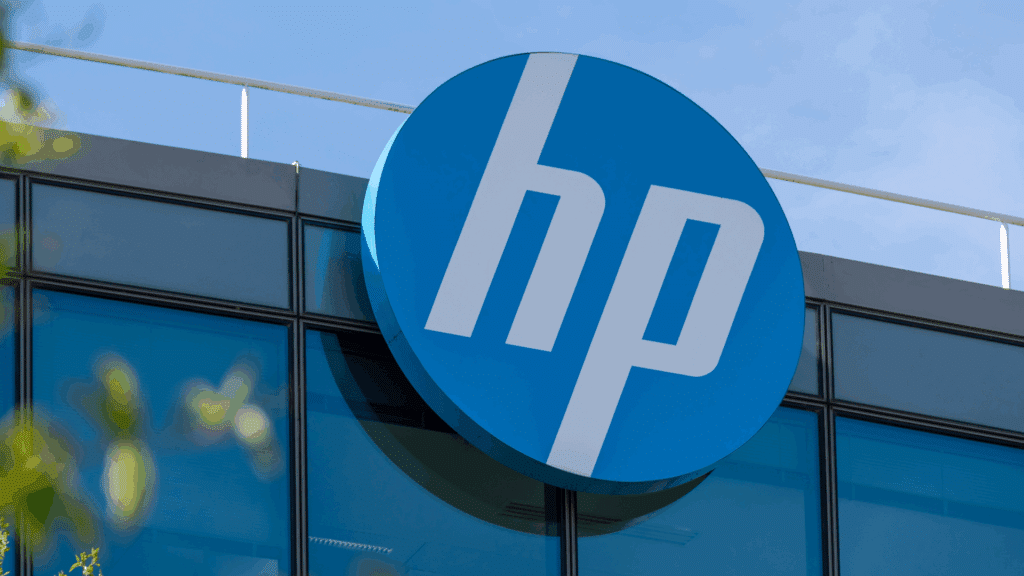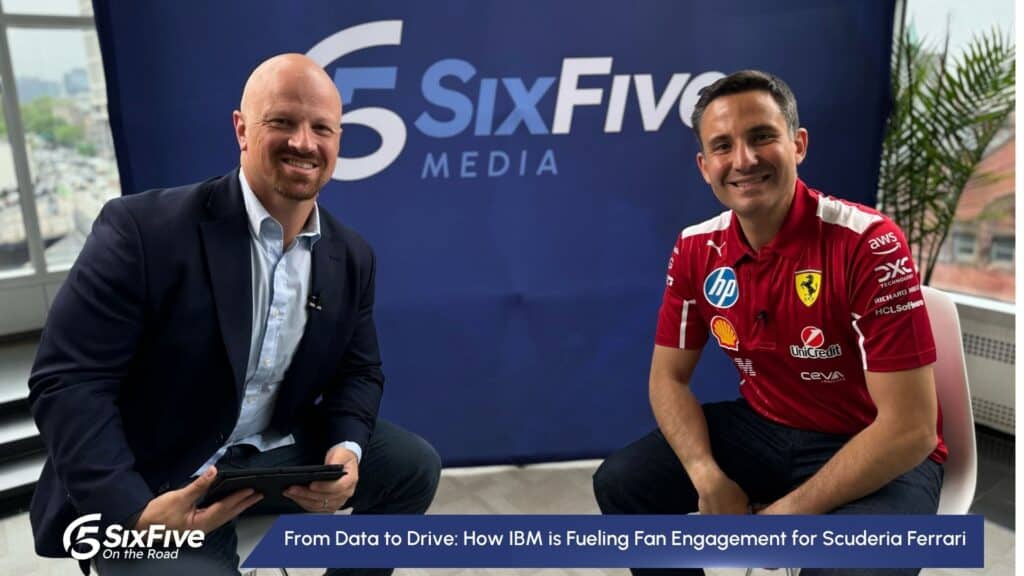The News: Three years after the start of Epic v. Google litigation, a jury has finally delivered its verdict, finding that Google turned its app store (Google Play) and billing service (Google Play Billing) into an illegal monopoly. Following a $700 million settlement between Google and all 50 US attorneys general along similar anticompetitive lines in September, the judge overseeing both cases is scheduled to hear arguments about damages and fines in February.
Anticompetitive Action and Litigation Changes Android App Marketplace
Analyst Take: In the Epic v. Google case, the jury sided with Epic Games and unanimously found that Google has monopoly power both in the Android app distribution market and in the Android in-app billing services market. It also found that Google had exhibited anticompetitive behaviors, and that these behaviors had caused harm to Epic. At the heart of the jury’s finding was a consensus that the connective tissue between the Google Play app store and the Google Play Billing payment services was too closely enmeshed, and that its distribution agreement with game developers and OEMs was anticompetitive.
In a statement, Epic Games summarized the verdict: “Today’s verdict is a win for all app developers and consumers around the world. It proves that Google’s app store practices are illegal, and they abuse their monopoly to extract exorbitant fees, stifle competition, and reduce innovation.”
Wilson White, Google affairs and public policy VP, confirmed that Google will appeal the decision: “We plan to challenge the verdict,” he said in a statement, “Android and Google Play provide more choice and openness than any other major mobile platform. The trial made clear that we compete fiercely with Apple and its App Store, as well as app stores on Android devices and gaming consoles. We will continue to defend the Android business model and remain deeply committed to our users, partners, and the broader Android ecosystem.”
Why Epic v. Google Did Not End the Way Epic v. Apple Did
You may recall that Epic’s legal battle with Apple along similar anticompetitive lines ended very differently 2 years ago. The judge presiding over that case concluded that Apple was not guilty of unfairly monopolizing the mobile app space with its in-app purchasing system and ordered Epic to pay damages for having violated its developer agreement with Fortnite. Simultaneously, she ordered Apple to remove policies banning developers from telling users about alternatives to Apple’s in-app purchase system.
Ultimately, the judge had thrown out the notion that the case was about apps, choosing instead to treat the case as being about mobile payments. Specifically, the Epic v. Apple case became about whether Apple enjoyed an unfair “digital mobile gaming transactions” monopoly, either based on the Sherman Antitrust Act or on California’s own Cartwright Act. Almost all of Epic’s claims along those lines failed in court. And while the case highlighted not only Apple’s massive market power in mobile gaming (roughly 55% of mobile game transactions) but also the fact that iOS and Android together represent a sort of near-duopoly (near because other platforms like cloud gaming and the Nintendo Switch also compete in the gaming marketplace). The facts simply did not lead to the conclusion that Apple enjoyed any kind of monopolistic power. Despite “extraordinarily high profit margins” and “considerable” power, the judge ultimately did not feel that antitrust behavior had been successfully proven. “Success,” she explained, “is not illegal.”
Epic v. Google went a very different direction in great part because Epic was able to convince the jury that its evidence of behind-the-scenes revenue-sharing deals and Google stacking the deck for and against specific companies were credible enough to prove a pattern of anticompetitive behavior. Internal documents revealed that Google feared what executives referred to as a “contagion effect” and the snowballing shortfall in revenue that might have added up to anywhere between two and three and half billion dollars in lost revenue by 2023 if the company did not take steps to protect its revenue stream. (Google estimates put its revenue shortfall from Fortnite alone at a quarter billion dollars per year.)
Google’s initial answer to this problem was dubbed Project Hug, which involved investing vast sums of money in bizdev deals with game developers that Google deemed vulnerable to the “contagion effect.” Google selected 22 developers, including Activision, Aniplex, Bandai Namco, Bethesda, Blizzard, Com2uS, EA, King, Mixi, Niantic, NCSoft, Netmarble, NetEase, Nexon, Nintendo, Pearl Abyss, The Pokémon Company, Riot, Square Enix, Supercell, Tencent, and Ubisoft. Of those, only Supercell and Epic turned down Google’s offer. Epic argued in court that these investments amounted to bribes, but ultimately failed to convince the jury. More important, Epic was not able to prove that this particular behavior had been anticompetitive, as it did not block game developers from selling their products in competing stores so long as they were made available on Google Play contemporaneously and with no discernible quality difference.
Unfortunately for Google, Epic did manage to successfully argue that Google had given some of its more lucrative app and game developers what some might call sweetheart deals—deals that demonstrated Google power and willingness to harm competition in its own marketplace by putting its thumb on the competitive scales. Say, for example, that Google gave special treatment to a major app developer such as Spotify but not to the 20 apps competing against it. Google helping Spotify compete better against those apps in its own marketplace is pretty likely to come across as anticompetitive behavior to a jury. This included special “discounts” through its billing service, which was one reason for its inclusion in the lawsuit.
Actual vs. Potential Impacts of Google’s Historic Settlement with All 50 US States and the Jury’s Epic v. Google Decision
In a parallel case, the state attorneys general of all 50 US states agreed to settle a separate lawsuit in September, with Google agreeing to pay $700 million ($629 million will go to users who overpaid for apps or in-app purchases, and the remaining $71 million will go to state fines and other litigation fees). More important, Google will be required to allow the installation of third-party apps on Android mobile devices “through means other than Google Play” for 7 years.
Additionally, for 6 years, Google must “continue to allow developers to use contact information obtained outside the app or in-app (with user consent) to communicate with users out-of-app.” Google must also allow “consumption-only” apps (such as Netflix) to inform their subscribers about better prices elsewhere but without links. Google is also prohibited from blocking developers from “disclosing to users any service or other fees associated with the Google Play or Google Play’s billing system” for 6 years.
For the next 5 years, Google must allow developers to offer an alternative in-app billing system next to Google Play (referred to as User Choice Billing). Google cannot require or pressure developers to offer their best prices via Google Play or Google Play Billing, and Google’s two sideloading “scare screens” will have to be consolidated into a single prompt warning users that their device “isn’t configured to install apps from [this] source. Granting this source permission to install apps could place your phone and data at risk.”
Google will also no longer be able to force or pressure handset OEMs to “exclusively” feature the Google Play tile on their phones’ home screens or require its approval before OEMs preload a competing or third-party app store tile. Google will also be required to allow developers using User Choice Billing to inform their users about better pricing options and “complete transactions using the developer’s existing web-based billing solution in an embedded web view within its app.”
For the next 4 years, Google will also no longer be able to require developers to release titles on Google Play at the same time as other stores and “with feature parity.” Google also agreed not to stop OEMs from granting installer rights to preloaded apps or stop sideloaded app stores from using its APIs and “feature splits” to help install apps. For 4 years, Google must also allow third-party app stores to update apps without requiring user approval (which I do not think is a good idea).
Epic Games CEO Tim Sweeney qualified the settlement in an X post as “an injustice to all Android users and developers” because, in his view, it “endorses Google’s 30% monopoly rent imposition by replacing the anticompetitive Google Play Billing tie with a new anticompetitive Google-imposed User Choice Billing tie, which adds a useless 26% Google Tax for payments they don’t process.” Sweeney’s “monopoly rent imposition” language notwithstanding, the settlement buttons up the anticompetitive aspects of Google’s behavior. This shifts his argument from the realm of antitrust complaints to one of contractual disagreements between parties.
Whether Google processes payments is immaterial to Sweeney’s antitrust-themed argument, but more important, the ruling in the Epic v. Apple case gives us a clear understanding of why because Apple’s App Store does not in fact constitute a monopoly neither does Google’s Play Store. The matter of app stores as monopolies seems fairly settled at this point. The decision against Google in the Epic case, however, could open other app stores to further legal action based on anticompetitive behavior both in the US and Europe. You can be sure that Europe’s member state regulators, and particularly the European Commission, have been watching these cases closely.
Court filings indicate that Epic and Google will be discussing the sums that Epic may have won with Judge James Donato in mid-January 2024—the very same judge slated to approve the settlement between Google and the states less than a month later, on February 8.
Disclosure: The Futurum Group is a research and advisory firm that engages or has engaged in research, analysis, and advisory services with many technology companies, including those mentioned in this article. The author does not hold any equity positions with any company mentioned in this article.
Analysis and opinions expressed herein are specific to the analyst individually and data and other information that might have been provided for validation, not those of The Futurum Group as a whole.
Other Insights from The Futurum Group:
Amazon to Meet with FTC Amid Claims of New Antitrust Lawsuit
The 5 New Antitrust Bills being Considered by Lawmakers – Futurum Tech Webcast
Author Information
Olivier Blanchard is Research Director, Intelligent Devices. He covers edge semiconductors and intelligent AI-capable devices for Futurum. In addition to having co-authored several books about digital transformation and AI with Futurum Group CEO Daniel Newman, Blanchard brings considerable experience demystifying new and emerging technologies, advising clients on how best to future-proof their organizations, and helping maximize the positive impacts of technology disruption while mitigating their potentially negative effects. Follow his extended analysis on X and LinkedIn.







